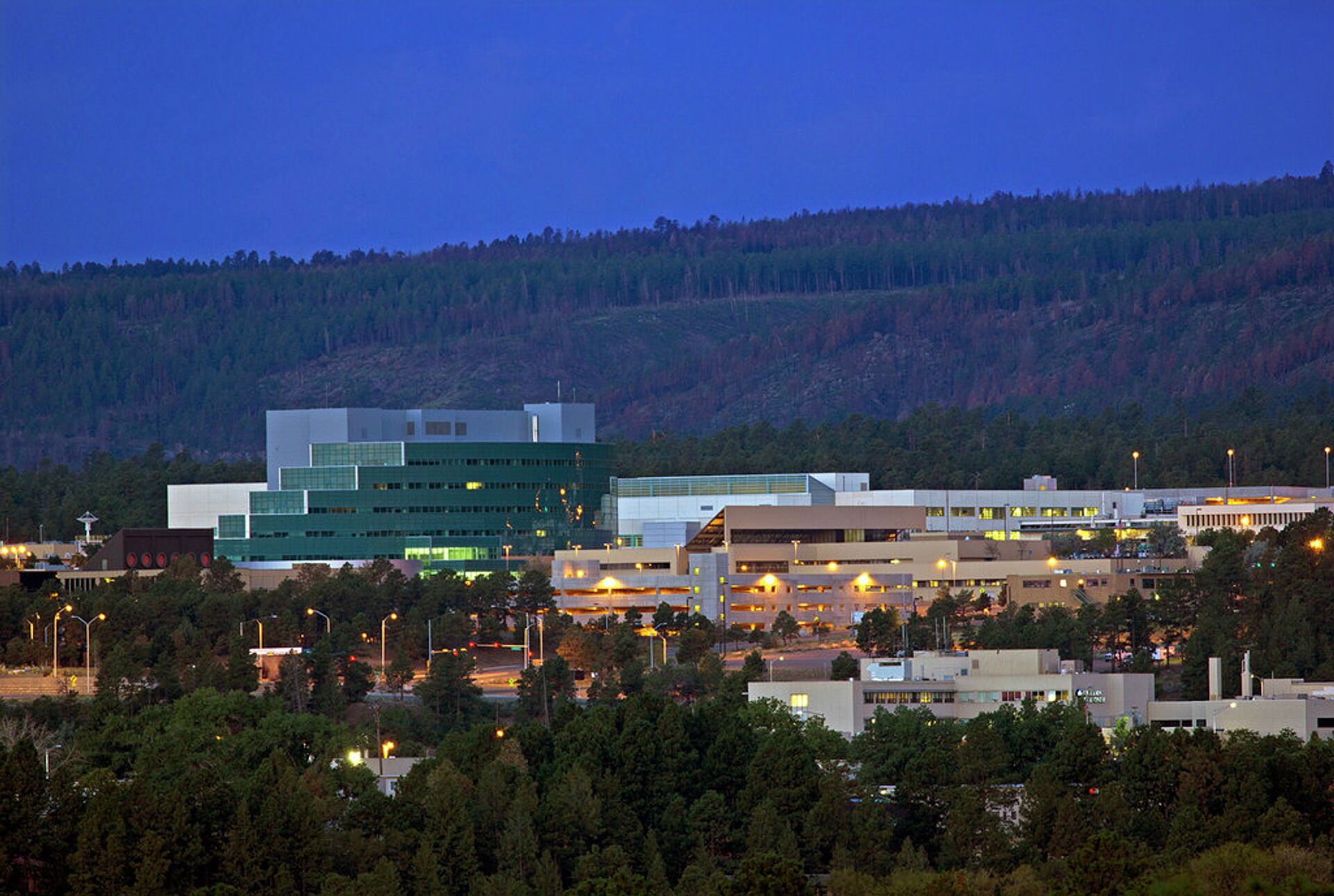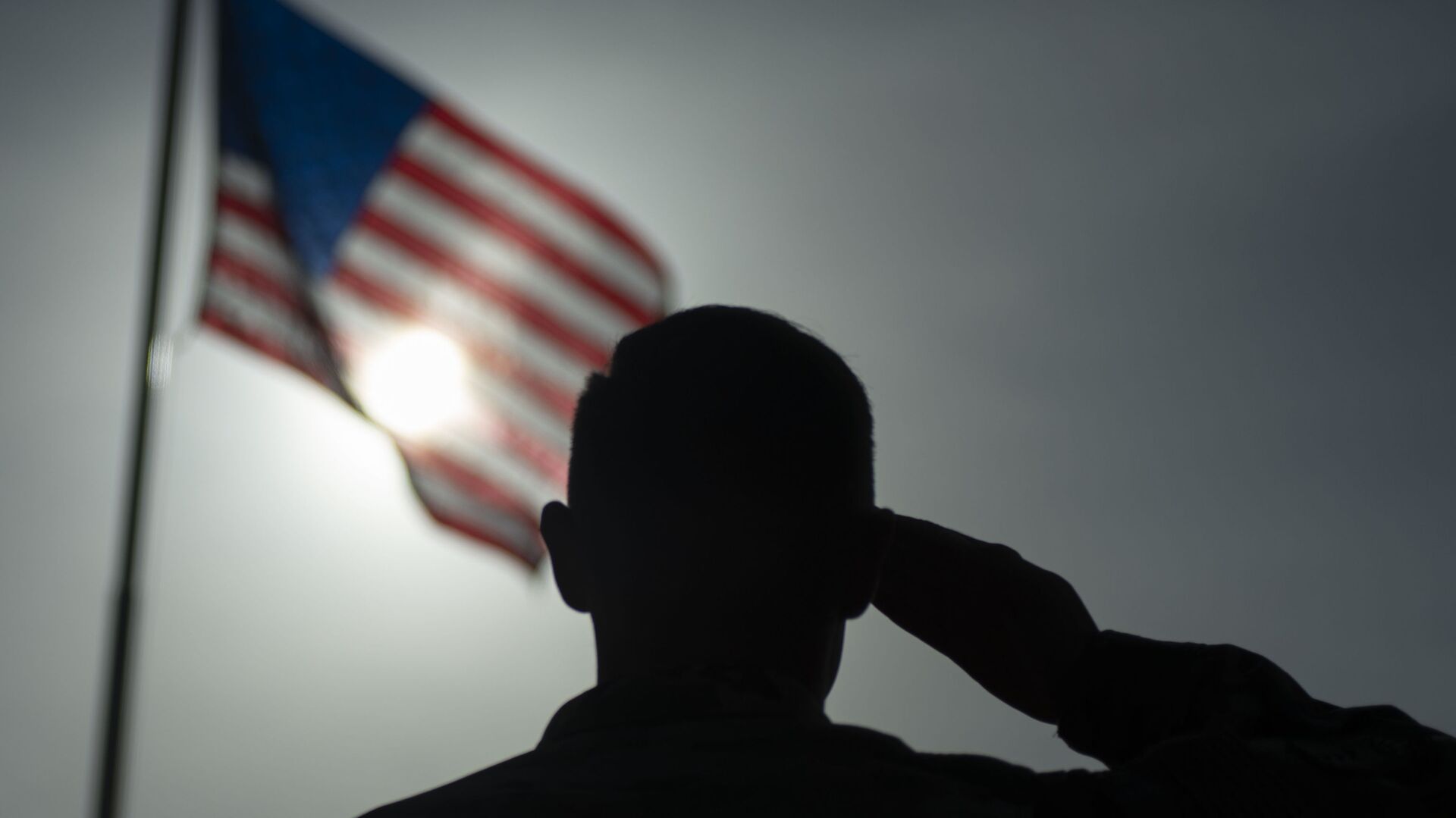Easily-accessible flashcards used by the US Air Force to help troops memorize nuclear security protocols have exposed sensitive information related to the locations and protective measures needed for nuclear weapons vaults at all six military bases in Europe, an investigative report by British journalism website Bellingcat revealed on Friday.
The report revealed that the digital flashcard sets were created on apps like Chegg Prep, Quizlet and Cram. It is said the study material revealed not only the bases but shelters labeled “hot vaults,” which are believed to contain nuclear weapons.
The studious troops also used flashcards to memorize security details and protocols, such as the positions of surveillance cameras, the frequency of patrols around the vaults, secret duress words that signal when a guard is being threatened and the unique identifiers that a restricted area badge needs to have.
— Bellingcat (@bellingcat) May 28, 2021
Bellingcat claims that its researchers were able to uncover sets of flashcards by searching popular flashcard app sites with terms publicly known to be associated with nuclear weapons. In cross-referencing data from the flashcards with other reports and images shared online, the researchers were able to verify the existence of some of the nuclear vaults.
Dr Jeffrey Lewis, founding publisher of ArmsControlWonk.com and director of the East Asia Nonproliferation Program at the James Martin Center for Nonproliferation Studies, said to Bellingcat that the findings showed a “flagrant breach” in security practices related to US nuclear weapons stationed internationally.
“Secrecy about US nuclear weapons deployments in Europe does not exist to protect the weapons from terrorists, but only to protect politicians and military leaders from having to answer tough questions about whether NATO’s nuclear-sharing arrangements still make sense today,” he said, according to Bellingcat.
“This is yet one more warning that these weapons are not secure.”

It is reported that some of the flashcards uncovered during the course of the investigation had been publicly visible online as far back as 2013, and were available until as recently as April 2021. According to Bellingcat researcher Foeke Postma, “it is not known whether secret phrases, protocols or other security practices have been altered since then.”
A spokesperson for the US Air Force confirmed that they were aware of service members using flashcard apps to study “a wide variety of subjects,” and that they were currently “investigating the suitability of information shared via study flashcards.”
All of the flashcards are reported to have been deleted when Bellingcat reached out to the military for comment. However, some reports state that many are still archived on the Wayback Machine, a digital archive of the World Wide Web done by the non-profit Internet Archive.
“All flashcards described within this article appear to have been taken down from the learning platforms on which they appeared after Bellingcat reached out to NATO and the US military for comment prior to publication,” Postma wrote in the report.
In response to the report, Hans Kristenssen, director of the Nuclear Information Project at the Federation of American Scientists told Bellingcat that “there are so many fingerprints that give away where the nuclear weapons are that it serves no military or safety purpose to try to keep it secret.”
The presence of US nuclear weapons within Europe has been leaked through documents and statements by retired officials, though the US and participating European governments have not officially confirmed or denied their existence.

